The U.S. Department of Education said it issued a notice of proposed rulemaking on its regulations to halt loan forgiveness under PSLF for employees “of organizations that are undermining national security and American values through illegal means.”
PSLF, which President George W. Bush signed into law in 2007, allows many not-for-profit and government employees to have their federal student loans canceled after 10 years of payments.
More from Personal Finance:
Trump floats tariff ‘rebate’ for consumers
Student loan forgiveness may soon be taxed again
Student loan borrowers — how will the end of the SAVE plan impact you? Tell us
For now, the language used by the Trump administration on how it will determine an organization is ineligible is vague, which advocates say could help it nix any nonprofit it doesn’t approve of. Organizations that provide support to undocumented immigrants or transgender people, for example, could be at risk, they say.
“Public Service Loan Forgiveness was enacted in a bipartisan way to help incentivize hardworking people to go into public service,” said Randi Weingarten, the president of the American Federation of Teachers. “The Trump administration is trying, through executive authority, to limit who can access this benefit based on a litmus test of who they like and who they don’t like.”
People can comment on the proposed rules at Regulations.gov. on or before Sept. 17, the Education Department said.
In its proposed rule, the department says the changes “may delay or prevent forgiveness for a subset of borrowers.”
What it means for student loan borrowers
That’s because it remains unclear exactly which organizations will no longer be considered a qualifying employer for PSLF under the Trump’s administration’s regulations. And some experts say the changes to eligibility could be challenged in court.
Whatever the outcome, the overhaul of the PSLF program can’t be retroactive, said Betsy Mayotte, president of The Institute of Student Loan Advisors, a nonprofit that helps borrowers navigate the repayment of their debt.
That means that if you are currently working for or previously worked for an organization that the Trump administration later excludes from the program, you’ll still get credit for that time — at least up until the rule changes go into effect.
“If an organization is deemed illegal, the borrower can switch jobs to another that isn’t considered illegal,” said higher education expert Mark Kantrowitz.
The proposed narrowing of PSLF comes at the same time that more than 72,000 borrowers are stuck in a backlog of applications waiting for relief under the program.

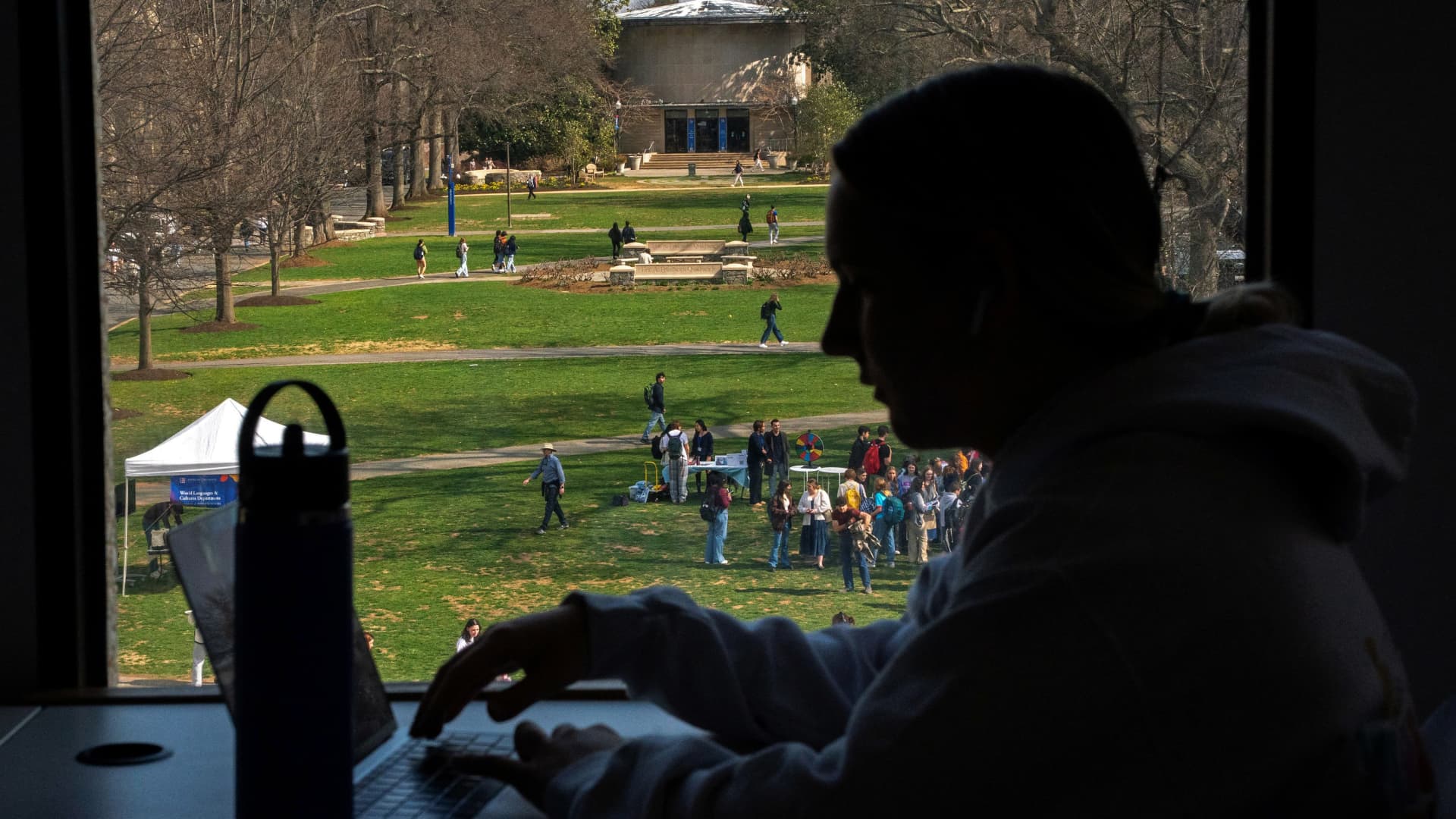

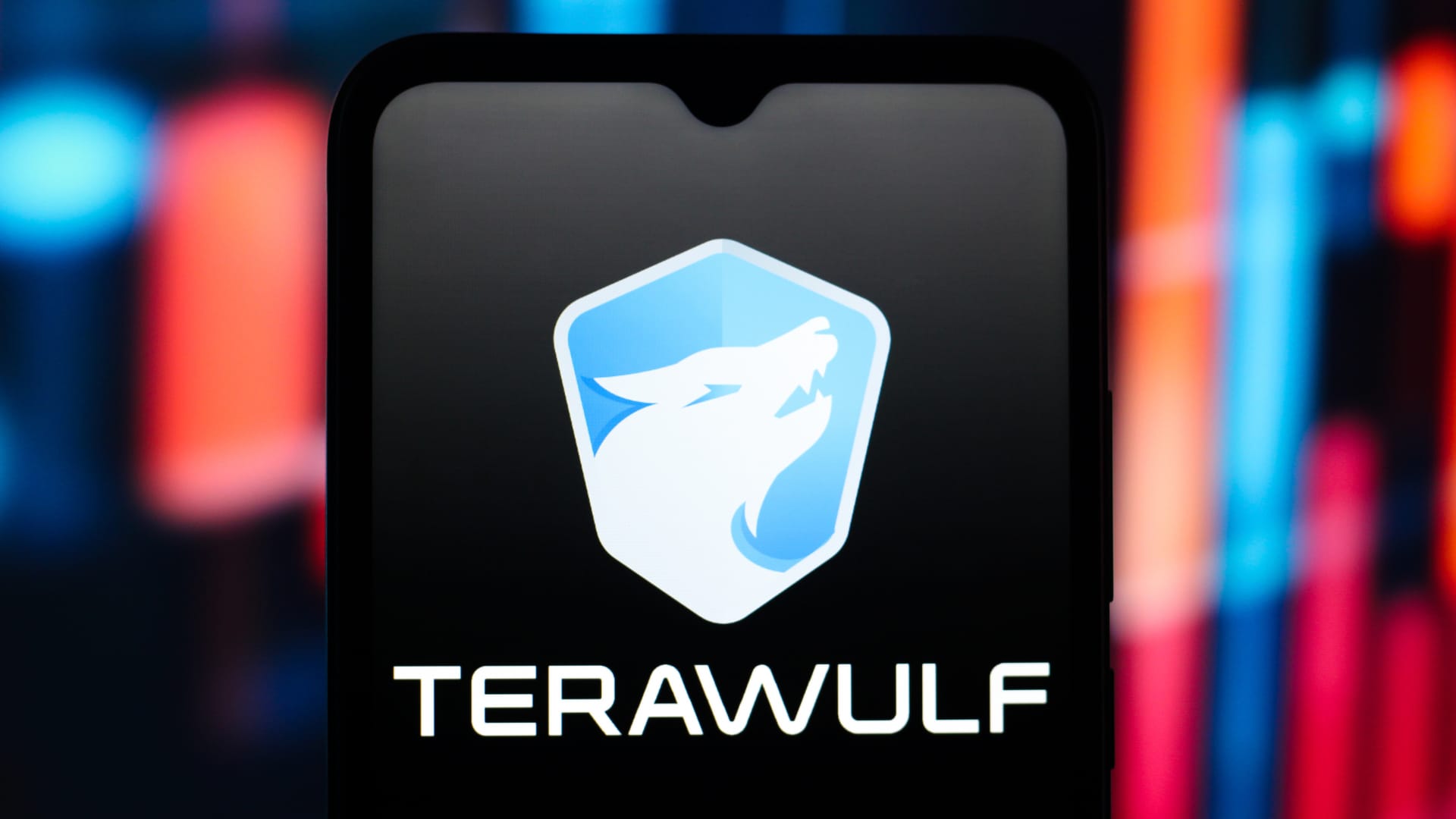

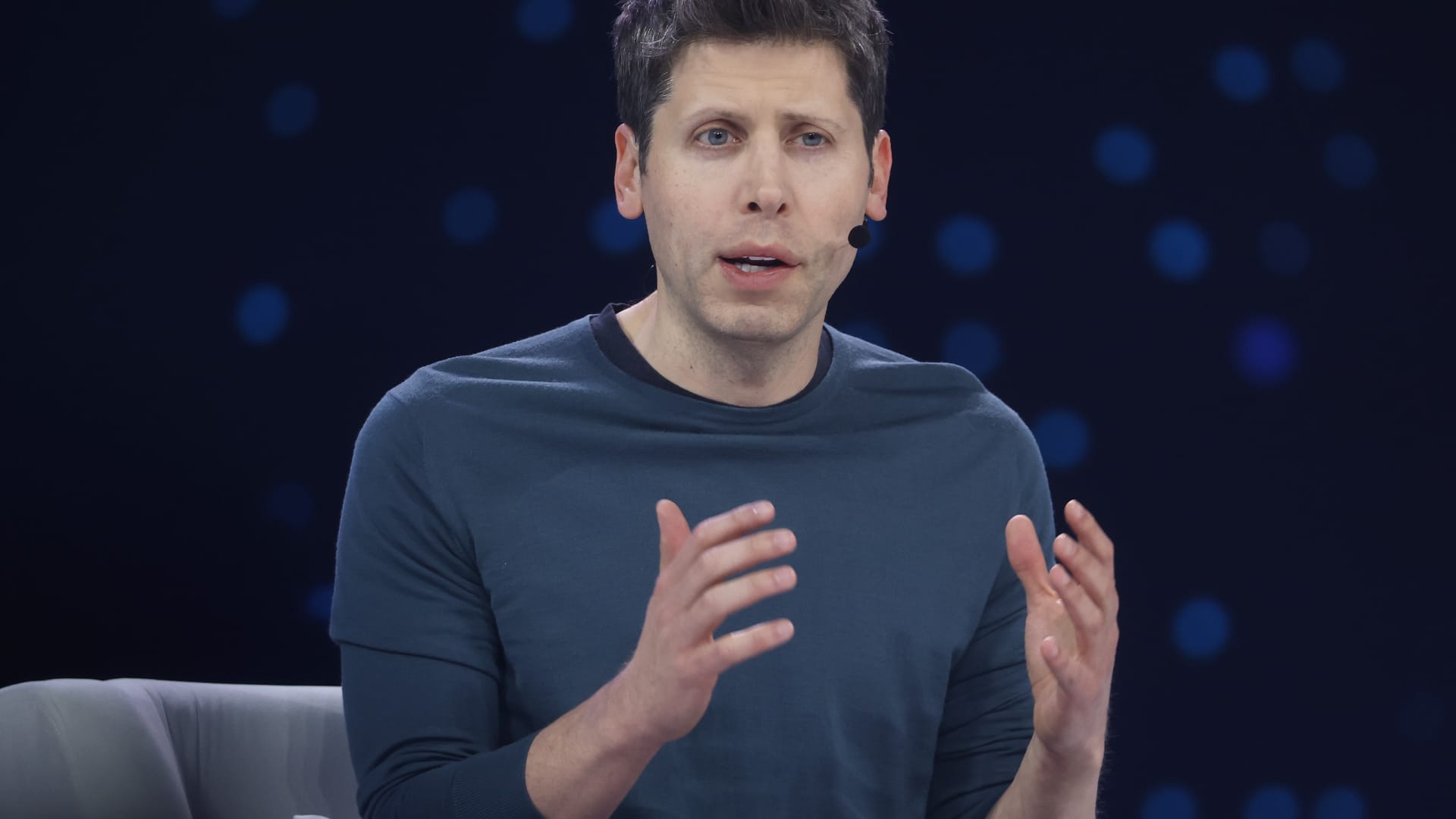
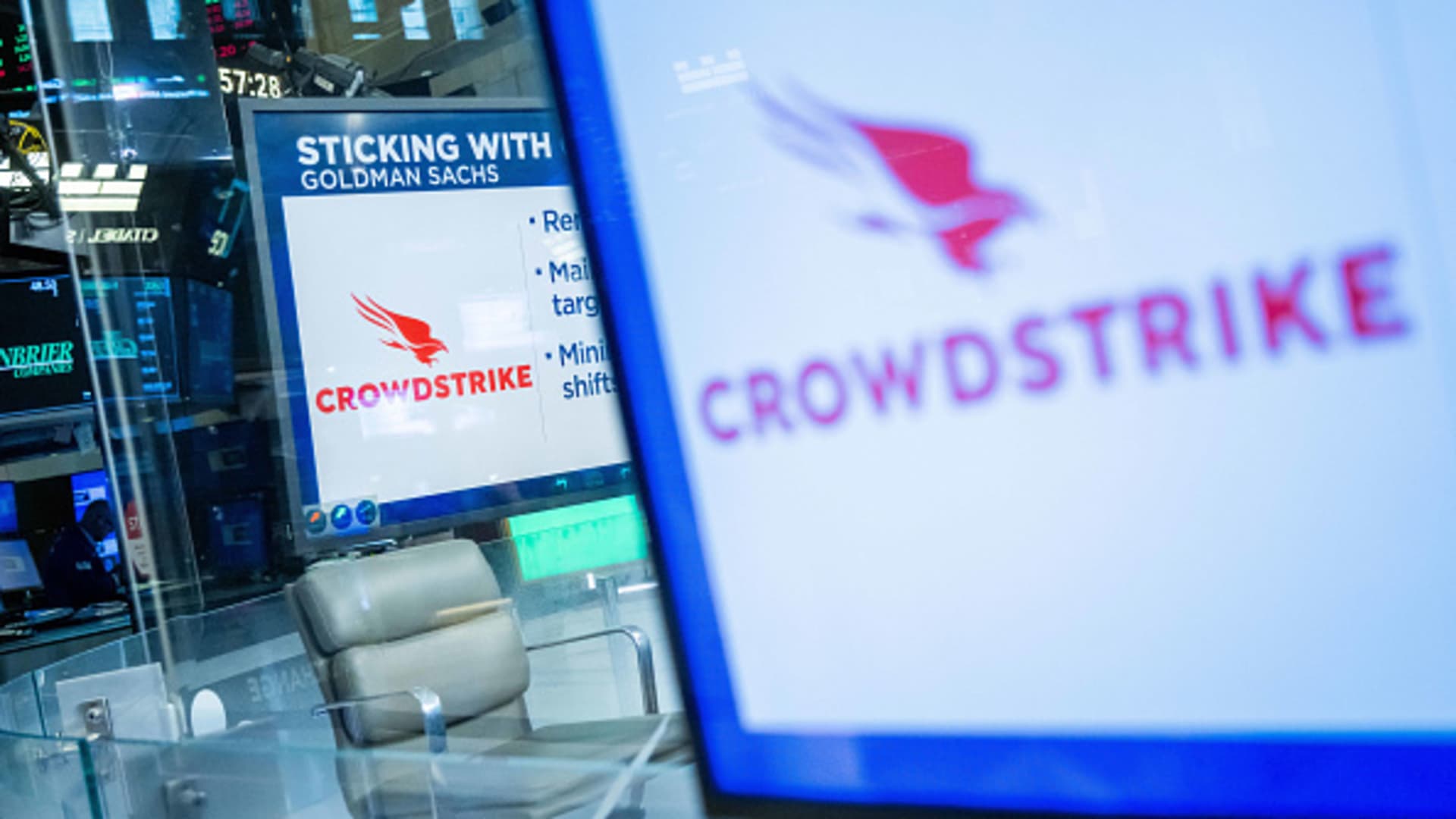
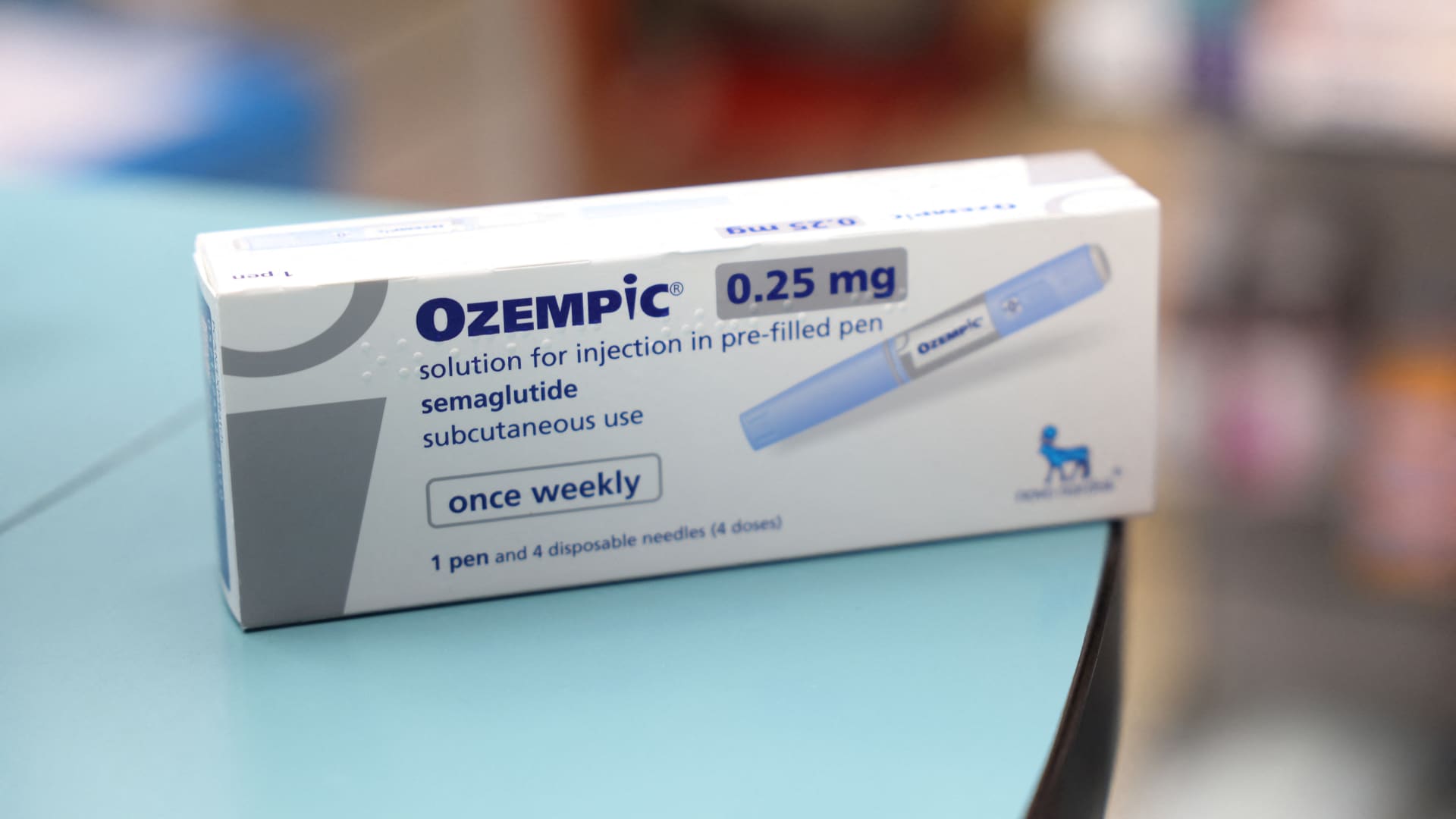

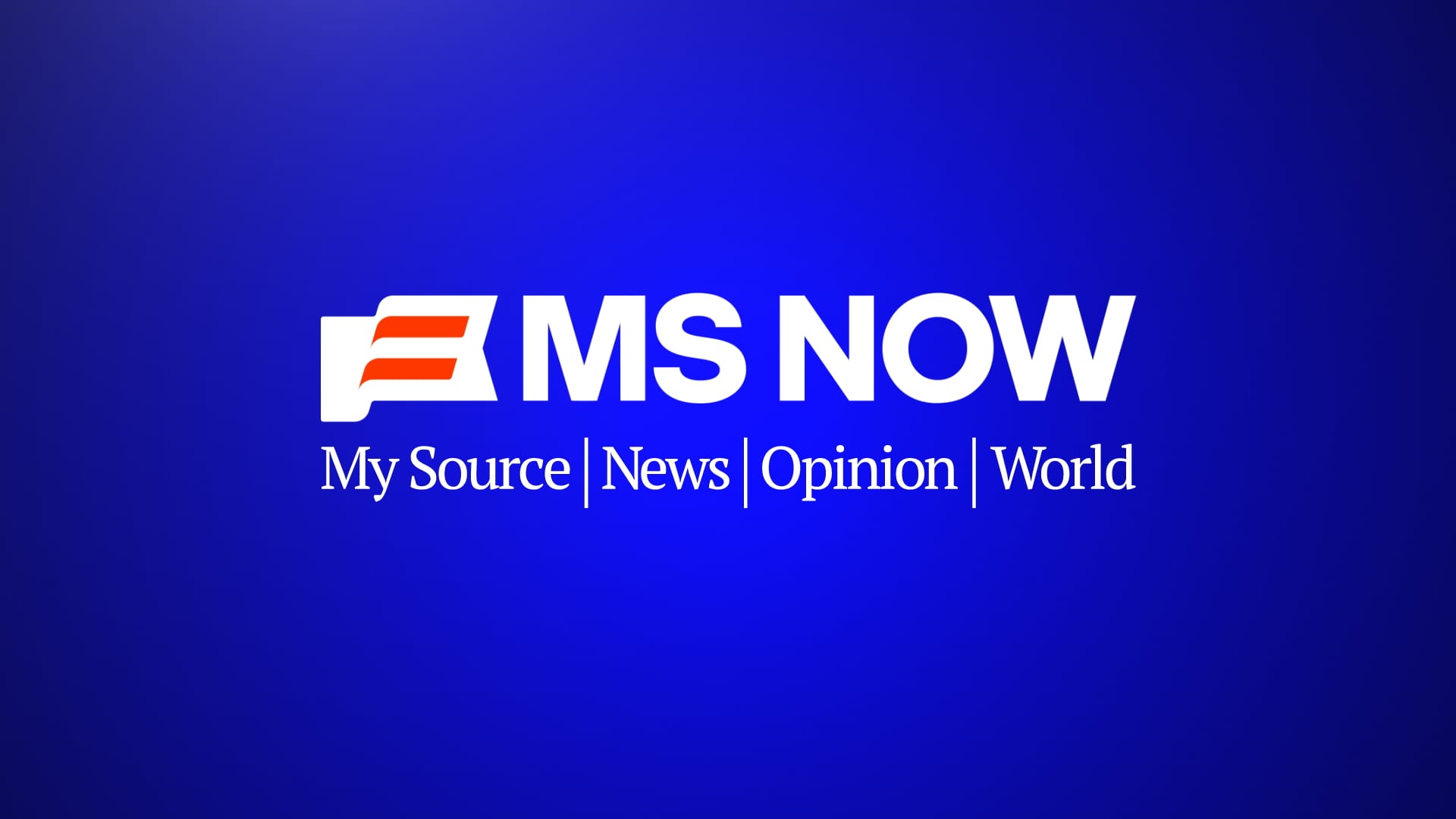
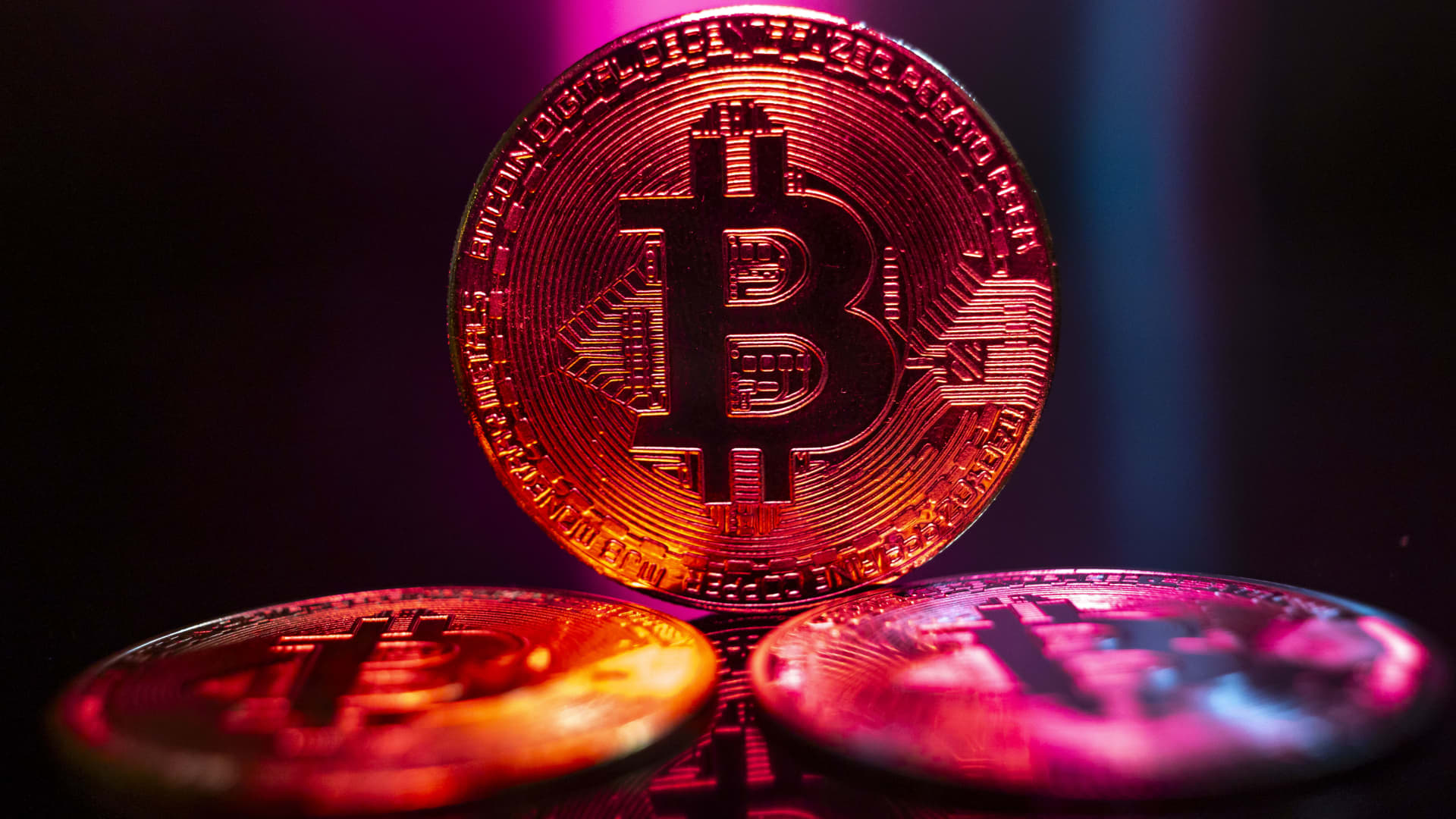
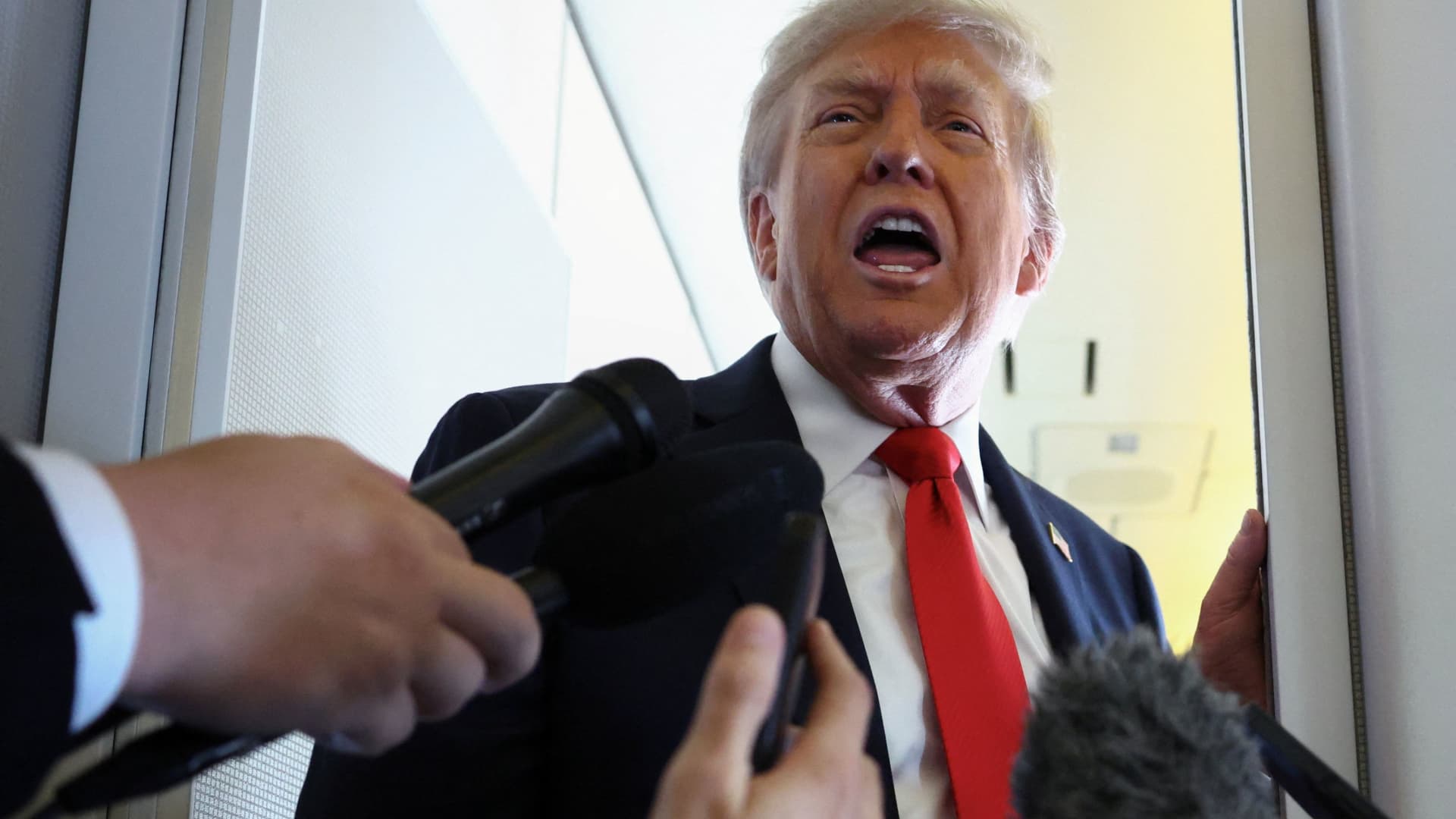



Leave a Reply